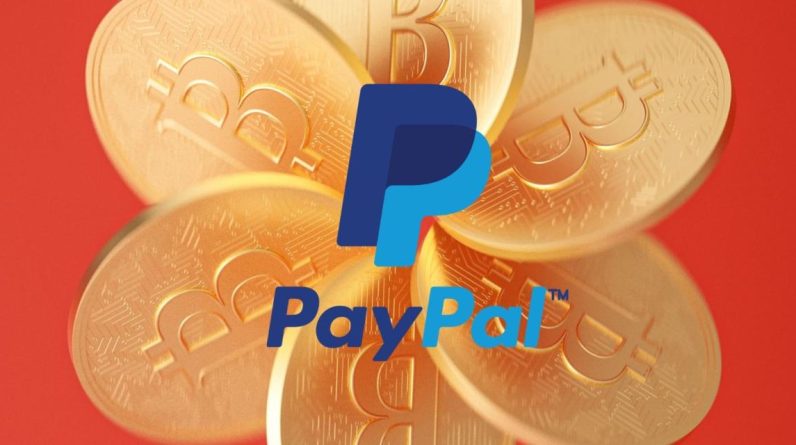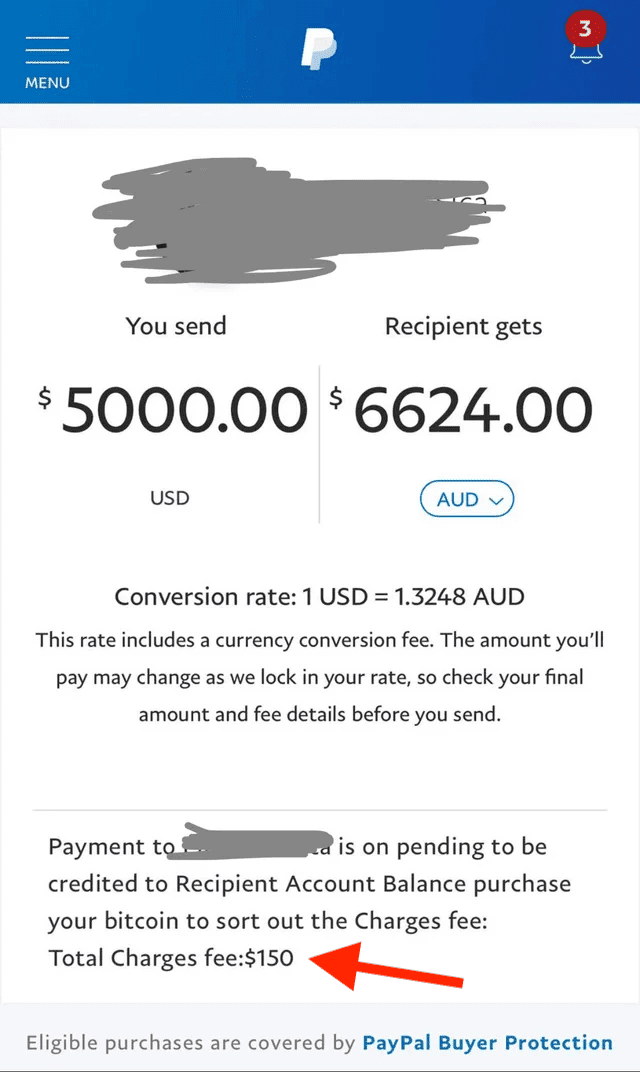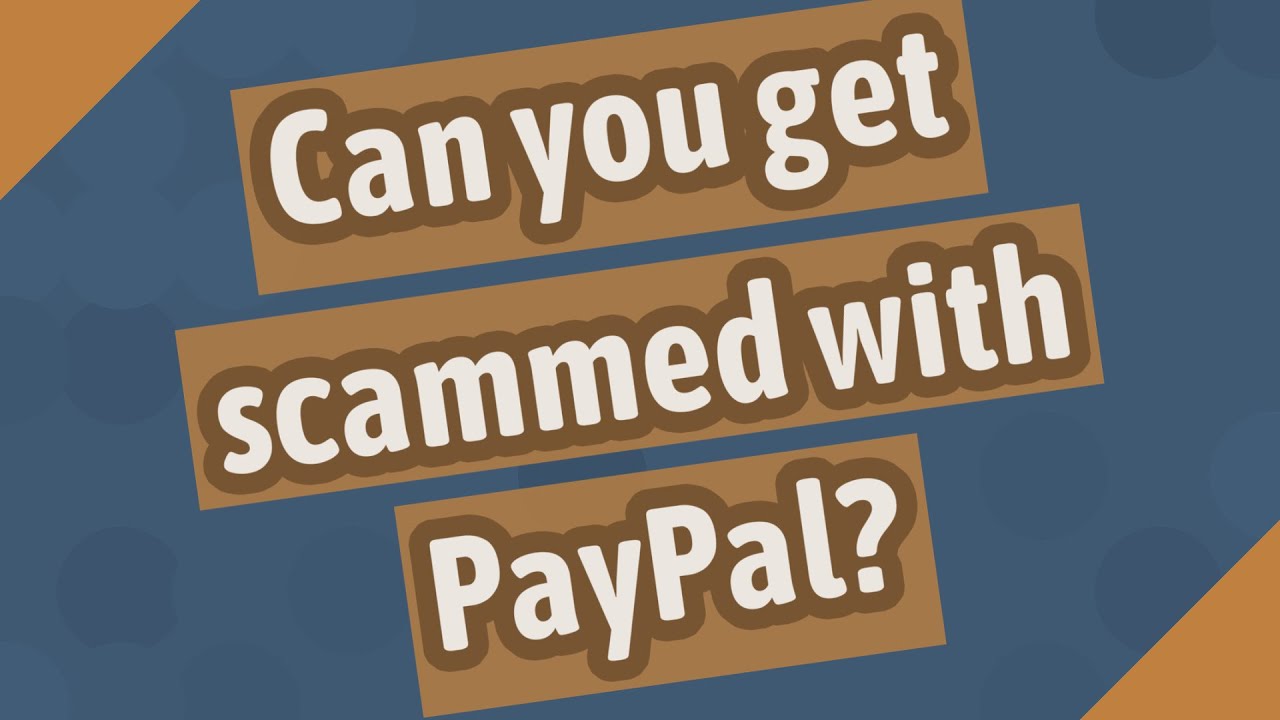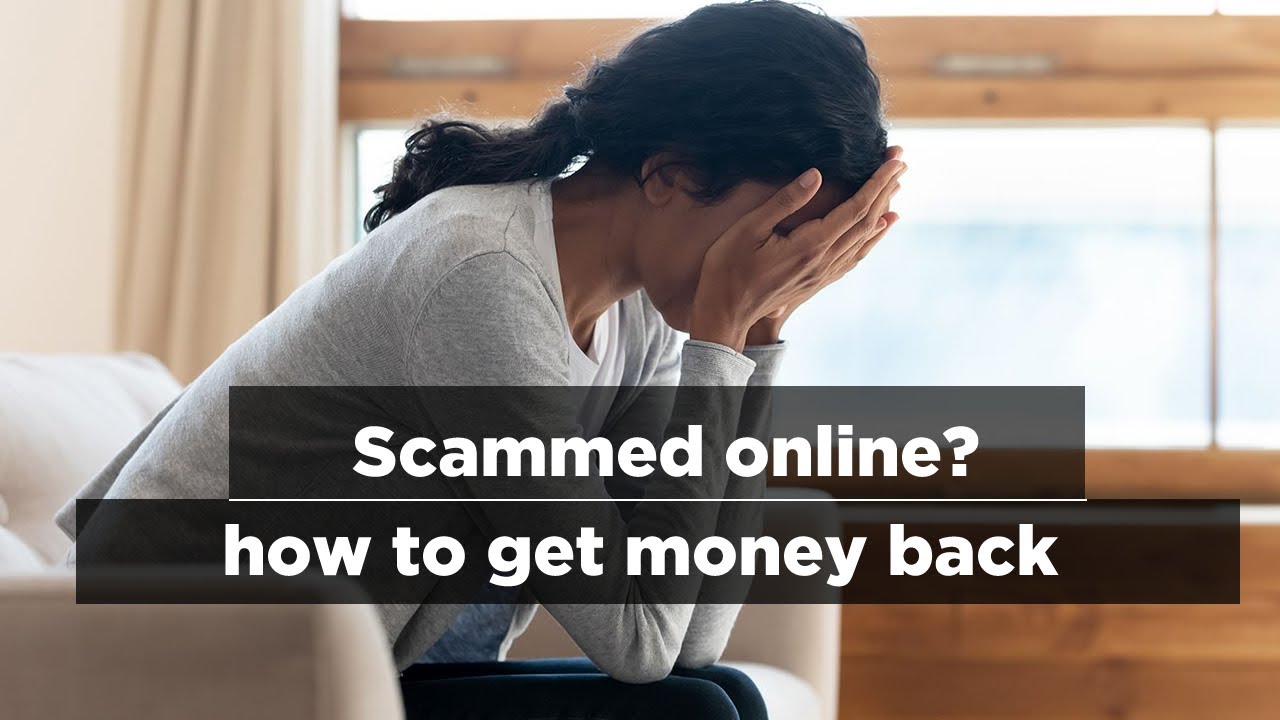
Types of scams involving PayPal payments
PayPal, a popular digital payment platform, offers ease and convenience in online transactions. However, along with its popularity, PayPal has also become an easy target for fraudsters looking for ways to exploit its users. Here are some types of fraud involving PayPal payments:
Fake Chargeback Scams: Scammers pretend to be buyers and make purchases using PayPal. After the item was received, they filed a chargeback on the grounds that the item did not match the description or was never received. PayPal will hold funds until the dispute is resolved, resulting in the seller losing both money and goods.
Phishing Scams: Scammers send legitimate-looking emails or text messages from PayPal, asking users to click a link and enter their account information. The link leads to a fake website that resembles PayPal, stealing sensitive information such as passwords and credit card numbers.
Fake Purchase Scams: Fraudsters create fake PayPal accounts and use them to make purchases from legitimate sellers. Once the purchase is complete, they cancel the transaction and the funds will be withdrawn from the seller’s account.
Account Hijack Fraud: Fraudsters gain access to legitimate users’ PayPal accounts by stealing their passwords or through malware. They then use those accounts to steal funds, make unauthorized purchases, or send money to their own accounts.
Auction Fraud: Fraudsters post advertisements on online auction sites, offering products at extremely low prices. After the buyer places a bid and makes payment via PayPal, the fraudster disappears and the buyer does not receive the promised item.
Fake Shipping Scams: Scammers pretend to be buyers and pay for items via PayPal. They then provide a fake shipping address or ask the seller to send the item to a different address than the one listed in their PayPal account. After the goods are sent, the fraudster claims not to have received the goods and files a chargeback.
To avoid becoming a victim of PayPal payment fraud, always be alert for unusual or suspicious requests. Check the sender’s email address and domain name carefully, and never reveal your account information via email or text message. If you think your account has been compromised, contact PayPal immediately for help.
How PayPal’s buyer and seller protection helps prevent scams
When you transact online, security is the most important thing. PayPal offers comprehensive buyer and seller protection, but you still need to be aware of the various types of fraud that can occur.
One common fraud is sending fake goods. Scammers list items at tempting prices, but when the goods are sent, what you receive are fake or low quality goods. To avoid this, research the seller and check reviews before purchasing.
Another scam is account takeover. Fraudsters steal your PayPal account by stealing your password or tricking you into providing personal information. Once they gain control of an account, fraudsters use it to make purchases or steal money. To protect yourself from this scam, make sure you use a strong password and enable two-factor authentication.
Fraudsters also use phishing tactics to steal sensitive information. They send emails or text messages impersonating PayPal, asking you to click a link and provide personal information. Never give out personal information via email or text message that you didn’t ask for.
Another scam is the buyback scam. After receiving the paid item, the buyer files a dispute with PayPal and claims that they never received the item or the item received was damaged. PayPal may freeze funds and require proof from the seller. To avoid these scams, document transactions carefully and communicate with buyers regularly.
Lastly, overpayment fraud occurs when fraudsters pay more than the agreed amount and then ask you to return the overpayment. Fraudsters may use untraceable payments to pay or cancel payments after you send your refund. To avoid this scam, never accept payments larger than the agreed amount.
By being aware of these types of fraud and taking preventative steps, you can protect yourself from potential losses. Remember, vigilance is key to avoiding fraud when making online transactions using PayPal.
What to do if you get scammed receiving payments on PayPal
Unfortunately, fraud is always lurking around every corner, even on leading payment platforms like PayPal. If you’ve recently received a payment via PayPal and suspect something is wrong, it’s important to act quickly. Different types of fraud can occur, so be familiar with the different tactics fraudsters may use.
One common scam involves purchasing goods or services at attractive prices. Once you ship a product or provide a service, the buyer disappears, leaving you without payment. Other scams include sending counterfeit or incorrect goods, returning goods and claiming a refund when the original goods have been kept, or creating fake invoices to force payment.
If you receive a suspicious payment, do not withdraw any funds immediately. Report the transaction to PayPal immediately and provide whatever proof you have. Quick action is essential to increase the chances of recovering your funds.
Additionally, be wary of requests to pay additional fees outside of PayPal transactions. Scammers may try to convince you to make payment via other methods, such as wire transfers or gift cards. Always pay directly via PayPal to ensure the security of your transactions.
Keep in mind that PayPal offers comprehensive buyer protection features. If you receive counterfeit or incorrect goods, you can submit a claim to get a refund. Make sure you provide clear and detailed evidence to support your claims.
If you are a victim of fraud, don’t hesitate to seek help. Contact PayPal, your bank, and law enforcement agencies. Reporting fraud is essential to help prevent criminals from targeting other victims.
In addition to these steps, it’s important to implement good security habits to protect your PayPal account. Use strong passwords, enable two-factor authentication, and check your account activity regularly. By remaining vigilant and taking appropriate precautions, you can minimize the risk of becoming a victim of PayPal fraud.
Can you get scammed receiving money on PayPal?
Can You Get Caught in Fraud When Receiving Money on PayPal?

PayPal is one of the most popular online payment services in the world. With the convenience and security it offers, PayPal has become the choice of many people and businesses for conducting online transactions. However, as with other online payment services, PayPal is not completely free from fraud.
In this article, we will talk about possible fraud when receiving money on PayPal and how to avoid it.
Types of Fraud on PayPal
There are several types of fraud that can occur when receiving money on PayPal. Here are some examples:
- Phishing Scams : This fraud is carried out by sending emails or messages that look like official emails or messages from PayPal, but are actually fraud. This fraud aims to get your login and password information.
- Money Transfer Fraud : This fraud is carried out by sending money to your PayPal account, but then you are asked to send some or all of the money back to another account.
- Payment Fraud : This fraud is carried out by sending fake payments to your PayPal account, but then you are asked to send the goods or services that have been purchased.
- Account Fraud : This fraud is carried out by stealing your PayPal account and using it to make transactions without your knowledge.

How to Avoid Fraud on PayPal
To avoid fraud on PayPal, you must always be alert and careful when receiving money or making transactions. Here are some tips that you can do:
- Check email and messages : Make sure you check the emails and messages you receive from PayPal to ensure that they are official emails and messages.
- Do not provide login information : Never give your login and password information to other people.
- Check your PayPal account : Make sure you check your PayPal account regularly to ensure that there are no unusual transactions.
- Use a strong password : Make sure you use a strong and unique password for your PayPal account.
- Enable two-factor authentication : Make sure you enable two-factor authentication for your PayPal account.
- Check transaction history : Make sure you check your PayPal account’s transaction history regularly to ensure that there are no unusual transactions.
- Do not accept money from unknown sources : Never accept money from unknown or untrusted sources.

Steps You Can Take If You Get Caught in a Scam
If you are caught in a scam on PayPal, there are several steps you can take to recover your account and prevent further losses. Here are some steps you can take:
- Contact PayPal : Make sure you contact PayPal to report fraud and ask for help.
- Check your PayPal account : Make sure you check your PayPal account to ensure that there are no unusual transactions.
- Change password : Make sure you change your PayPal account password to prevent fraudsters from accessing your account again.
- Enable two-factor authentication : Make sure you enable two-factor authentication for your PayPal account.
- Check transaction history : Make sure you check your PayPal account’s transaction history regularly to ensure that there are no unusual transactions.
Conclusion
PayPal is one of the most popular online payment services in the world, but as with other online payment services, it is not completely free from fraud. By knowing the types of fraud that can occur and how to avoid them, you can be more alert and careful when receiving money or making transactions on PayPal. If you are caught in a scam, make sure you contact PayPal and take the appropriate steps to recover your account and prevent further losses.

